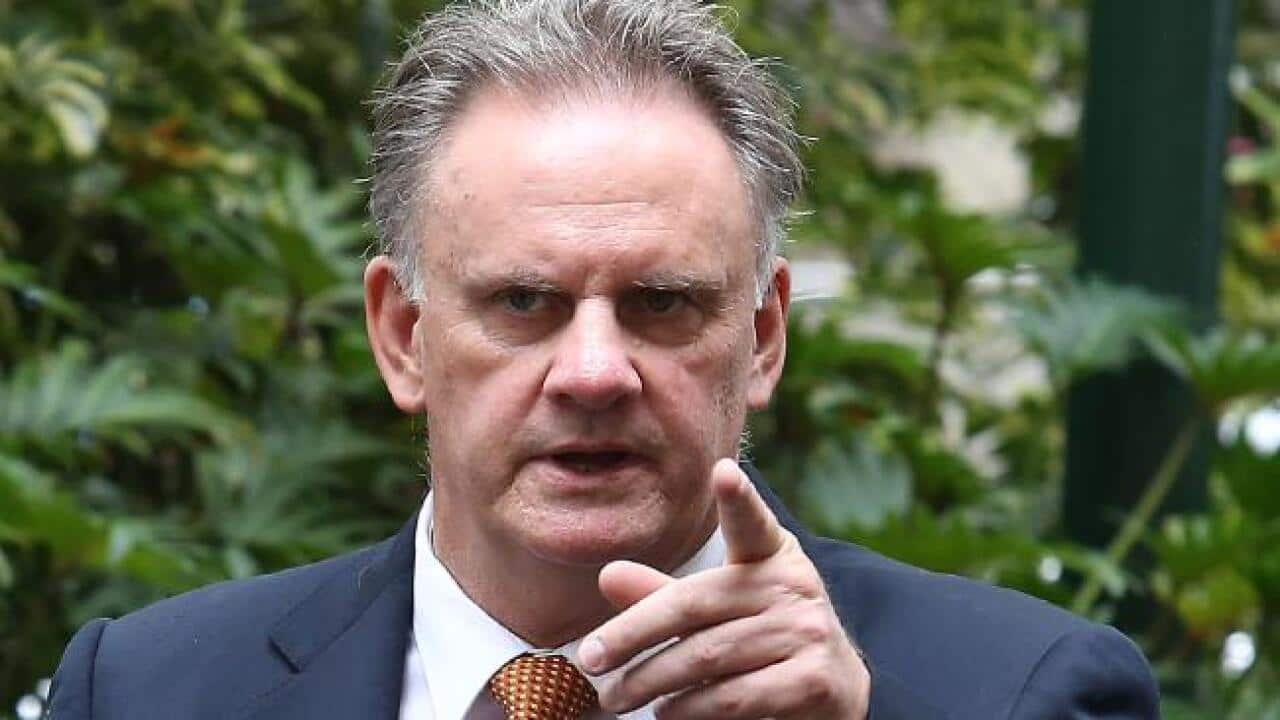Pauline Hanson’s One Nation has released a policy proposing to have the DNA of people identifying as Indigenous tested in a bid the party claims will put an end to widespread ‘rorting’ of the welfare system.
The far-right political party said they would abolish the term self-identification and introduce a qualifying benchmark of 25 per cent Indigenous DNA ancestry before Aboriginal identification is formally accepted.
“That [25 per cent] is minority heritage but it is equivalent to a full grandparent equivalent which is why it’s set at 25 per cent,” One Nation NSW leader Mark Latham told NITV News.
“It takes away this whole argument that’s out there in the suburbs and the regions of the nation that you’ve got all these blonde hair, blue eyed Indigenous and they're not genuine. It just puts it all on a scientific, truthful, knowledge, evidence base.
“With the technology that’s available now, it’s good to know whose Indigenous and whose not.”
In an interview with NITV News, Mr Latham said that his response to anyone claiming they are an Aboriginal person would be for them to take a commercial DNA test.
“I’d say do the DNA testing and we’ll find out and I wish you well but the scientific basis, you can’t argue with that can you?” he said.
However, Dr Misty Jenkins, who leads the Division of Immunology lab at the Walter and Eliza Hall Institute of Medical Research in Melbourne, said the ability to test DNA for Aboriginal genealogy does not exist.
“An Australian Aboriginal genome does not exist and therefore to even propose that a test is possible is scientifically inaccurate,” Ms Jenkins said.
“The two companies which currently offer this ‘service’ use sections of DNA called single tandem repeats (STRs) that vary in the number of copies each person has. This approach is utilised in forensic cases and paternity testing, but are not appropriate for genetic genealogy.”
According to Professor Marcia Langton, Foundation Chair of Australian Indigenous Studies at the University of Melbourne, one of the companies offering the service themselves has admitted testing for Aboriginal Australian ancestry is impossible.
“The USA-based company DNA Tribes recently admitted publicly that the company has no Australian Aboriginal genetic material and it is, therefore, impossible for the company to determine any Aboriginal ancestry by genetic testing,” Prof Langton said.
“The company, any company for that matter, simply cannot do it.”
When pressed to elaborate on the scientific evidence he had to support his claims that DNA testing can determine Aboriginal ancestry, Mr Latham said it was up to the administration to sort out the fine details.
“I’m not a DNA scientist. I’m a public policy advocate. So you get into parliament, you move legislation and it’s for this administrative system to sort out the mechanics,” he said.
Mr Latham also said a One Nation government would not be paying for any of the DNA tests it demanded from Indigenous welfare applicants. Payment for the testing will be the responsibility of each applicant.
“$150 for a lifetime of welfare support is not a lot,” said Mr Latham.
“But I also anticipate that… through the university systems and Centerlink, maybe the Land Rights system, you can pretty well formalise a public administration to make sure all of this is done in a co-ordinated way… and people don’t have to pay too much.”
Both companies that claim to provide the test for Aboriginal ancestry charge $450 for the service.
Charmain Crowe from the Australian Council of Social Services said that instead of asking vulnerable people for money, governments should be providing much-needed support.
“Instead of demonising and humiliating people while they look for paid work, we should be providing the support and dignity they need to get through tough times and find suitable employment.”
Recent statistics on disadvantage in Australia revealed 41 per cent of Indigenous people continue to live below the poverty line.
Community reacts
The Co-Chair for the Prime Ministers Aboriginal Advisory Council, Roy Ah-See, said Aboriginal communities are the only ones that are able to determine who is and who is not Indigenous.
“We’ve got systems in place that we use in the state of New South Wales that has been working very, very effectively… that is a process that is left up to our communities. We’ll determine who is Aboriginal in this country,” Mr Ah-See told NITV News.
Mr Ah-See said he believed comments about Aboriginality from Mr Latham and One Nation were designed to publicise the party before the state election next Saturday and the federal election in May.
“We’ve come to a sad point in this country’s history when we have a political leader who is using the most vulnerable people in this country to go out and point score in order to be elected to parliament,” he said.
On NITV's The Point on Wednesday night, Dr Chelsea Bond said the One Nation policy was another attempt to wipe out Indigenous people.
“We have to be thoughtful of how much we play into this identity talk, how much we debate it and recognise it for what it is,” Ms Bond said.
Macquarie University's Professor Bronwyn Carlson, who authored a 2016 book on Aboriginal identity politics, told NITV News the One Nation policy was confirmation of the prevalence of racism in Australia.
“Focusing their attention on Aboriginal people has only served to reveal, once again, the ingrained racism that festers in our country,” she said.

